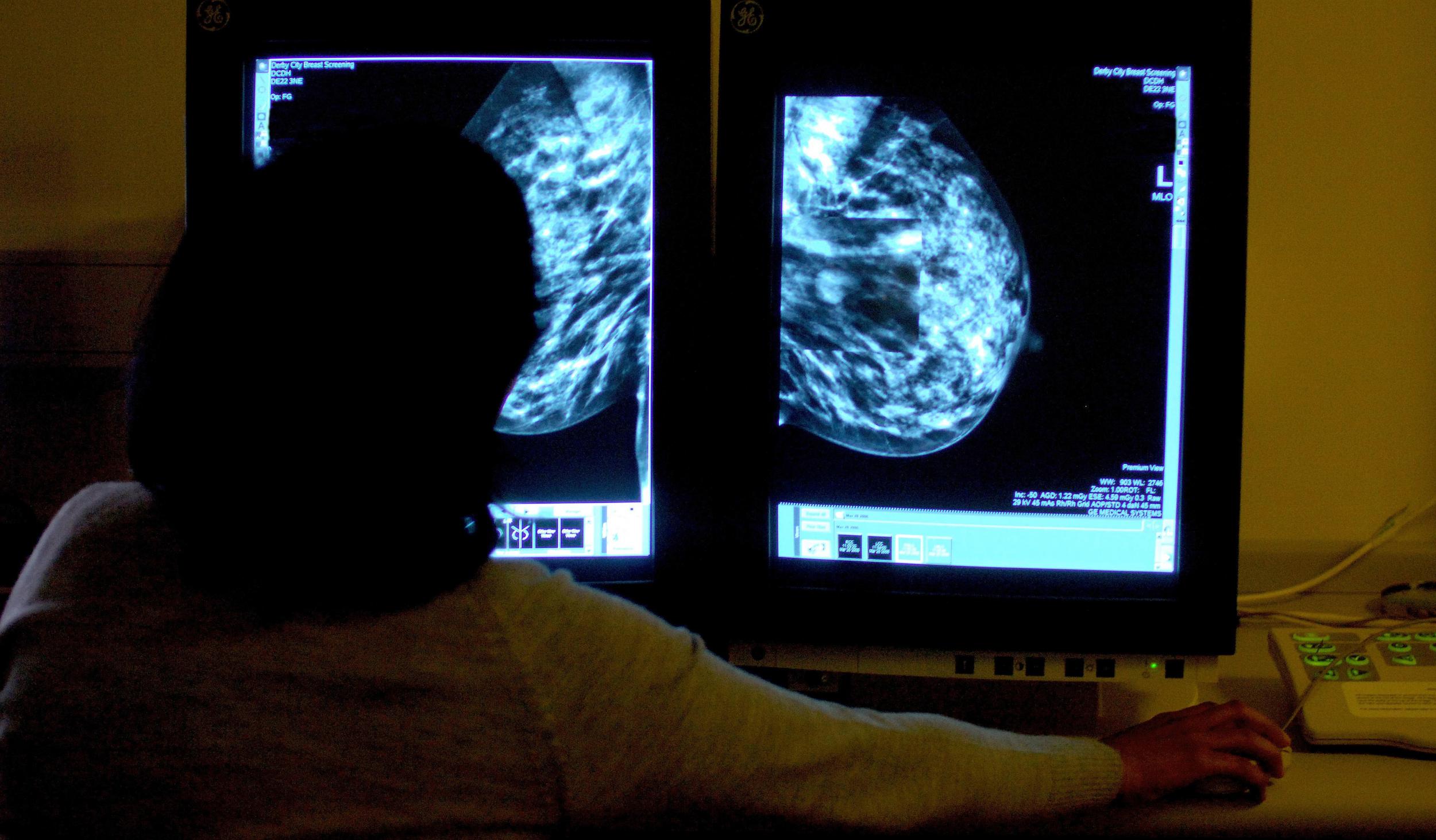Exercise more to cut risk of breast cancer, study finds
Alcohol consumption, age, and weight can all contribute to the risk of breast cancer
Exercising regularly and sitting down less could cut the chance of developing breast cancer, a new study has found.
The research, published in the British Journal of Sports Medicine, found “strong evidence that greater levels of physical activity and less sedentary time are likely to reduce breast cancer risk, with results generally consistent across breast cancer subtypes”.
Experts behind the study now believe that there is a clear cause-and-effect relationship between exercise and reducing the risk of breast cancer.
The researchers looked at data from 130,957 women. Of these, 69,838 had tumours that had begun to spread, 6,667 had tumours that had not spread, and 54,452 did not have breast cancer.
The experts used a genetic prediction technique called Mendelian randomisation, which they said helped them strengthen previous evidence that exercising can cut the risk of cancer.
Overall, exercise was associated with a 40 per cent lower risk of breast cancer, while vigorous activity (exercising three or more days per week) was associated with a similar reduced risk of pre or perimenopausal breast cancer.
Being sedentary was associated with a higher risk of some types of breast cancer.
The research team from the University of Bristol concluded: “Our study provides strong evidence that greater overall physical activity, greater vigorous activity, and lower sedentary time are likely to reduce breast cancer risk.
“More widespread adoption of active lifestyles may reduce the burden from the most common cancer in women.”
In the UK, around 55,000 women each year are diagnosed with breast cancer. According to the NHS, age, a family history of the disease, and lifestyle factors including being overweight and drinking alcohol can all contribute to developing breast cancer.

Dr Kotryna Temcinaite, senior research communications manager at Breast Cancer Now, said: “One woman is diagnosed with breast cancer in the UK every 10 minutes and if nothing changes this will rise to one woman every eight minutes in the next 10 years, so we urgently need to find new ways to prevent people from developing this devastating disease.
“While many factors can affect how likely someone is to be diagnosed, we already know that being physically active is linked to a lower chance of developing breast cancer.”
She continued: “By looking at people who may be genetically predisposed to having different physical activity levels, this innovative study further strengthens existing evidence of the importance of reducing the time we spend sitting and increasing the amount of time we spend moving to lower breast cancer risk.
“Maintaining a healthy weight, limiting alcohol intake and being as active as possible, can all help reduce the risk of developing the disease.
“This research highlights how vital it is that we support people to start making small, healthy lifestyle changes that can positively impact their health and help lower their risk of breast cancer.”
Dr Helen Croker, head of research interpretation at World Cancer Research Fund, said: “We welcome this new research which strengthens previous findings that physical activity reduces breast cancer risk by showing that the relationship is causal.
“Being physically active, along with avoiding drinking alcohol and excess weight gain across life, can all contribute to lowering the chances of developing breast cancer.”
Additional reporting by PA
Join our commenting forum
Join thought-provoking conversations, follow other Independent readers and see their replies
Comments


Bookmark popover
Removed from bookmarks